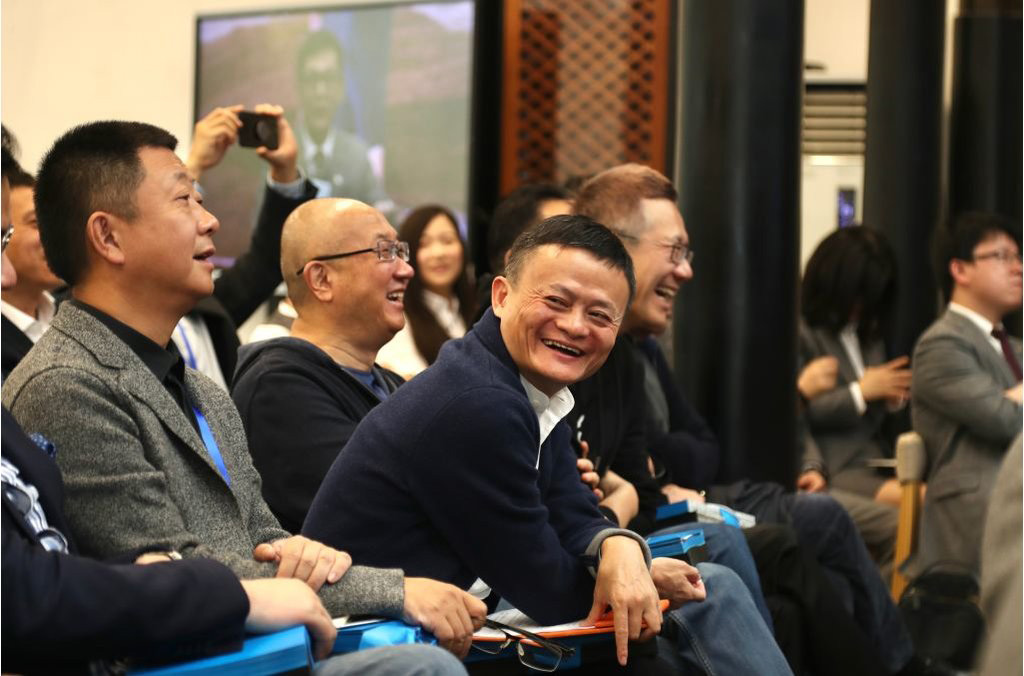996曾经推动中国科技进步,如今终于引发众怒
|
随着技术开发人员开始对长时间的工作提出抗议,刚刚走出资本寒冬的中国科技行业可能又要步入另一个怨声载道的冬天。 3月,在微软(Microsoft)供开发人员共享软件代码的论坛GitHub上,一位匿名中国用户的帖子在网站的常规用户之外引发了关注。这个帖子名叫996.ICU,是对中国科技行业的开发人员忍受超长工作时间——每周6天,早上9点至晚上9点——的抗议。 这个被保存了超过23万次的帖子解释道:“工作996,生病ICU。”这个帖子自称这是一次法律运动,而不是政治运动。它详尽解释了996文化如何违背了中国的劳动法。按照法律规定,每周的工作时间为40小时,每月的加班时间最多不超过36小时。作者以一条标语结束:“开发人员的命也是命。” 中国的加班史 这种情绪甚至可以在硅谷引发共鸣。几十年来,硅谷的技术精英让加班带上了些许自豪感。不过这种文化在中国蓬勃发展的科技行业得到了热捧。前谷歌大中华区总裁李开复在著作《AI未来》(A.I. Superpowers)中将中国科技公司的高管比作角斗场里的角斗士,他写道:“与中国初创公司里的景象相比,(硅谷的)公司显得昏昏沉沉,工程师看起来也很懒惰。” |
China’s tech sector, already shivering through a capital winter, could be entering a new winter of discontent, as tech developers protest long working hours. Last month on GitHub, the Microsoft-owned forum where tech developers share software codes, a post from an anonymous Chinese user garnered attention beyond the site’s typical userbase. Called 996.ICU, the post was a protest against the extreme working hours developers in China’s tech sector endure—slogging away from 9 a.m. to 9 p.m., 6 days a week. “If you work 996, you’ll be in the ICU sick,” the post, which has been saved over 230,000 times, explains. Billing itself as a legal rather than a political movement, the GitHub post details how 996 culture contravenes China’s labor laws, which mandate a work week of 44 hours with possible overtime capped at 36 hours a month. The author signs off with the tagline, “Developers’ lives matter.” China’s history of overwork It’s a sentiment that could resonate even in Silicon Valley, where for decades tech elites have made overwork a point of pride. But that culture reached fever pitch in China’s booming tech sector. In his book A.I. Superpowers, former Google China president Kai-fu Lee likens China’s tech executives to gladiators in a coliseum and writes that “compared to China’s start up scene, [Silicon Valley’s] companies look lethargic and its engineers lazy.” |

|
李开复写道,中国早期的科技界企业家的驱动力,部分源于成为脱离极度贫困的一代人的敏锐意识。在20世纪70年代末市场改革推动中国经济崛起之前,这种贫困一直困扰着中国。随后几十年的大部分时间里,中国的国内生产总值年均增长率都超过了10%。不过2017年,按照决策者的话来说,经济进入了中速增长的“新常态”,国内生产总值的年均增长率如今维持在7.6%左右。 香港中文大学的一位社会科学教授陈力表示:“如今996的反对呼声高涨,是因为过去十年飞速增长的中国互联网行业如今感受到了经济增速放缓的压力。” 科技行业的增长跌落凡间 经济的疲弱惊吓了投资者,也引发了中国科技界的恐慌。中国的研究机构的数据显示,今年第一季度,风投资本家和私人股本公司的投资金额同比下滑了87%。 许多中国的科技公司选择通过裁员来应对下行压力。据报道,打车巨头滴滴出行正在酝酿裁掉15%的员工,而中国无处不在的消息服务微信的开发商腾讯也计划削减10%的管理人员。本月又有报道称京东计划裁员8%,也就是大约1.8万名员工。 尽管如此,中国一些科技巨头的高管还在不断表达对于加班的支持。 首席执行官声援“996” 在GitHub上的抗议引发主流关注后,京东的创始人和首席执行官刘强东发声支持996文化。他表示那些拒绝996工作的人“不是我的兄弟”。阿里巴巴的创始人和董事局主席马云同样赞同长时间工作,并表示996工作是“一种福报”。 被996.ICU的帖子点名实行996工作文化的科技公司旗下的浏览器也在阻止对GitHub这个帖子的访问,这引发了人们对于整个运动可能遭到审查的担忧。不过这一点不太可能,因为删除GitHub的帖子需要微软的直接介入,而微软的员工正在请求公司不要这么做。 然而,目前还没有迹象表明中国政府打算通过微软审查帖子。实际上,多家国有媒体已经斥责了996文化及其辩护者。《人民日报》甚至表示,996工作文化的合法性“显然是存疑的”,并表示应当对此加以审视。 这一非官方的支持是否代表着政府的政策还有待观察。不过,在维持经济增长的同时保护员工权利,是中国政府想努力达到的目标。(财富中文网) 译者:严匡正 |
China’s early tech entrepreneurs were driven, Lee writes, partly by an acute awareness of being just one generation removed from the extreme poverty that racked China before market reforms kickstarted the economy in the late 1970s. For most of the decades since, China’s gross domestic product has grown at an average 10% a year. But in 2017 the economy entered what policy makers have dubbed a “new normal” of slower growth, with annual GDP increases now knocking around 7.6%. “The reason why the 996 protests arose now is because China’s Internet industry, which had been continuously growing at very high speed for the past decade, [is] feeling the stress of the economy slowing down,” says Li Chen, a social sciences professor at Chinese University Hong Kong. ” Tech growth comes back down to Earth The weakening economy has spooked investors and rattled China’s tech scene. According to the Chinese Academy of Science and Technology, funding from venture capitalists and private equity firms dropped 87% in the first quarter over the same period last year. A number of Chinese tech firms are responding to the downward pressure by downsizing staff. Ride hailing giant Didi Chuxing reportedly is mulling a 15% cut in employee numbers while Tencent, the company behind China’s ubiquitous messaging service WeChat, is targeting a 10% reduction of management staff. This month reports claimed JD.com will lay off 8% of its staff, approximately 18,000 workers. Nevertheless, some of China’s biggest tech executives are relentless in their championing of overwork. ‘996’ gets CEO support Richard Liu, founder and CEO of JD.com, came out in favor of the 996 culture after the protest on GitHub had attracted mainstream attention. Liu said that those who refuse to work 996 are “not my brothers.” Jack Ma, founder and chairman of Alibaba, has likewise advocated for long working hours, claiming that working 996 is “a blessing.” Web browsers operated by tech companies called out by the 996.ICU post for implementing 996 work cultures are also blocking access to the GitHub post, sparking fears that the entire movement is at risk of being censored. At this stage, that seems unlikely, since removing the GitHub post would require direct intervention from Microsoft—something Microsoft employees are currently petitioning the company not to do. However, there’s no indication yet that the government intends to lean on Microsoft to censor the post. In fact, multiple state-owned media have lambasted both 996 culture and its defendants. The People’s Daily, even called the legitimacy of a 996 working culture “clearly questionable” and said it should be reviewed. Whether that unofficial support manifests itself as government policy remains to be seen. Navigating a road between economic growth and worker’s rights has always been a struggle for the Chinese government and this white-collar protest poses a new and challenging obstacle. |













